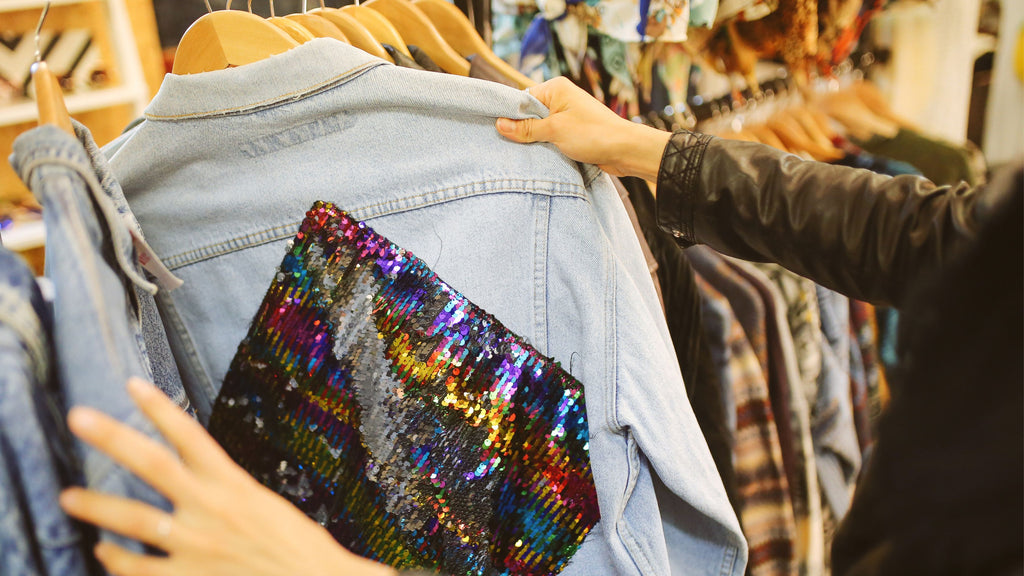The market for secondhand clothing is not new; charity, vintage, and thrift stores have all been around for a while. Due to growing worries about the environment and the ethical implications of fashion, interest in this industry has increased dramatically in recent years.
Consumers are turning to less expensive alternatives to brand-new clothing, including less expensive fast fashion, as rising energy prices and inflation all add to a crisis in the cost of living.
Reselling, vintage fashion, and the second-hand market are not new ideas, but their hybrid use of technology most surely is. Over the past ten years, a number of platforms and online consignments have grown a sizeable or discerning customer prepared to buy, trade, or sell their products.
Consumers today want to spend less and make wiser purchasing decisions. The Boston Consulting Group predicts that 27% of customers' wardrobes will consist of used clothing by 2023, and 70% of consumers said they want to take better care of the things they buy as a result of the resale market.
Although this new form of purchasing is more considerate of the environment and human rights, customers will still want to own distinctive and alluring clothing.
The burden on the world from the fashion industry is enormous. According to Pulse Report, a company that tracks fashion's commitment to sustainability, global clothing consumption will increase by 63% by 2030. We wear our clothes 40% less than we did ten years ago, according to research by the Ellen MacArthur Foundation (EMF). The new shopper is accepting of resale instead because they are aware of this. Buying a handbag used rather than new can lower its environmental impact by up to 91%, according to Wired article. The EMF claims that extending an item's lifespan by just nine months reduces the environmental effect of that item by 30 to 40%.
Additionally, many shoppers are becoming less interested in inexpensive, disposable clothing as they become more aware of the working conditions in some garment manufacturers.
This trend towards more sustainable living will continue. It will benefit all stakeholders by providing brands with loyalty and a new acquisition channel, as well as providing customers with a more affordable, value-based option. It also gives brands a powerful opportunity to demonstrate a commitment to circularity. And it makes financial sense.
Brands have recently become aware of their customers' desire for sustainability, but they are only now realising that this represents a fundamental shift in how people want to shop.
Luxury brands, in particular, have a strong opportunity to associate resale with the quality of their pieces, which are built to last. The high-quality materials and detailed craftsmanship on which they rely ensure that items remain in good condition and have a reasonable resale value season after season. Some will soon give customers the option of reselling their items.
If you’re concerned about the impact of your shopping on the planet, resale shopping is a good option for you. By purchasing “pre-loved” clothing, you are giving these items new life and saving them from being thrown into a landfill or shipped overseas. You’re also making a statement with your clothing dollars that you care about the environment and want to decrease your participation in fast fashion, which has negative ethical and environmental consequences. Even if you only buy a portion of your clothing at resale stores, you’re taking a positive step in the right direction toward helping to heal the earth.
You can shop and resell Mayamiko easily and conveniently with our pre-loved platform.
Exciting new platforms like Madeby are committed to bringing you second hand options for your favourite brands. On their brands or product pages they feature easy to follow links to shop resale or rent.


